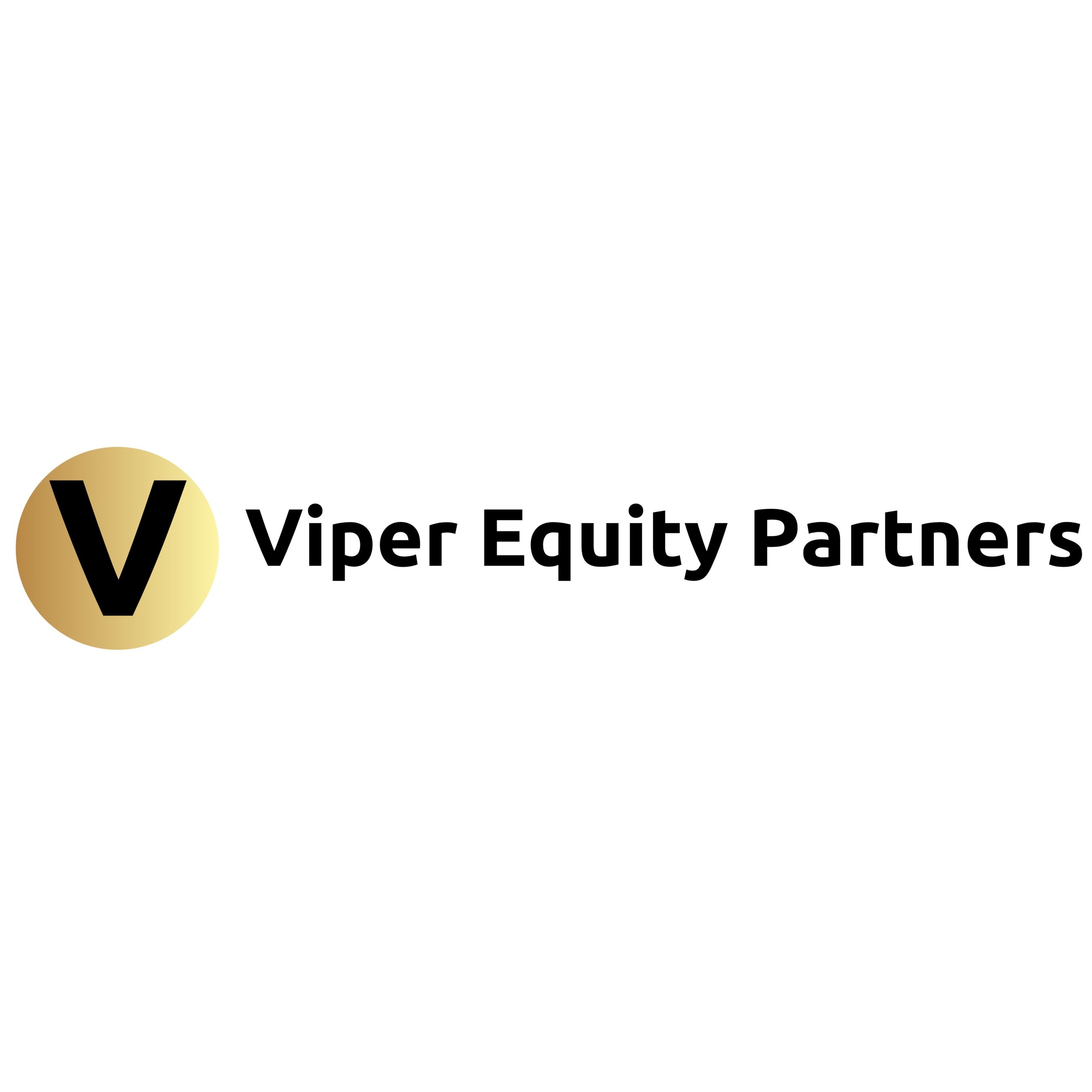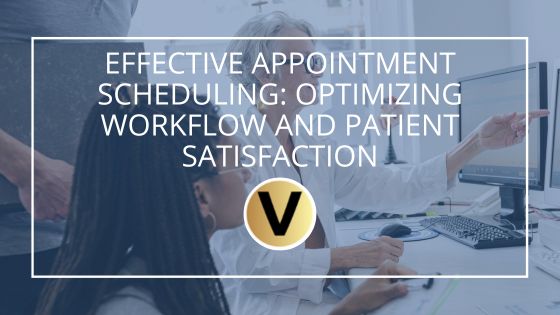Appointment scheduling is a critical aspect of dental practice management, influencing both workflow efficiency and patient satisfaction. This article explores strategies for optimizing appointment scheduling to ensure a smooth operation and enhance the overall patient experience.
Efficient appointment scheduling is the backbone of a well-run dental practice. It impacts not only the workflow within the office but also plays a pivotal role in shaping the patient experience. This article delves into effective strategies for appointment scheduling, focusing on optimizing workflow and boosting patient satisfaction.
-
Streamlining the Appointment Booking Process: The first step in effective scheduling is to streamline the appointment booking process. Implementing user-friendly online scheduling systems or employing dedicated staff to manage appointments ensures a seamless experience for patients. Quick and accessible scheduling options empower patients to book appointments at their convenience.
-
Implementing Smart Scheduling Software: Utilizing advanced scheduling software can revolutionize the appointment booking system. These tools can optimize the schedule by factoring in appointment types, durations, and required resources. Smart scheduling minimizes gaps in the schedule, maximizes efficiency, and reduces the likelihood of overbooking or underutilization of resources.
-
Prioritizing Urgent Cases and Emergency Appointments: Recognizing the importance of prioritizing urgent cases and emergency appointments is crucial. Implementing a clear protocol for handling these situations ensures that patients in immediate need receive prompt attention, enhancing patient satisfaction and maintaining the practice’s commitment to patient care.
-
Creating Buffer Times in the Schedule: Introducing buffer times between appointments can mitigate the impact of unforeseen delays or emergencies. This proactive approach minimizes disruptions to the schedule, prevents a backlog of patients, and maintains a steady workflow, contributing to a more relaxed and organized environment.
-
Adopting Block Scheduling: Block scheduling involves grouping similar types of appointments together, allowing for better workflow management. Allocating specific blocks of time for routine check-ups, cleanings, and more complex procedures can optimize the efficiency of both practitioners and support staff, leading to a smoother operation.
-
Utilizing Automated Reminders: No-shows and last-minute cancellations can disrupt the schedule and lead to inefficiencies. Automated reminders, whether via email, text, or phone call, can significantly reduce these occurrences. Reminding patients of their upcoming appointments encourages attendance and contributes to a more predictable schedule.
-
Offering Extended and Flexible Hours: Understanding that patients have diverse schedules, offering extended or flexible hours can cater to a broader range of individuals. This accommodation not only improves accessibility for patients but also allows for better utilization of the practice’s resources, contributing to enhanced overall efficiency.
-
Empowering Front Desk Staff: The front desk staff plays a pivotal role in effective appointment scheduling. Training staff to communicate clearly, manage patient expectations, and handle scheduling challenges is essential. A well-informed and proactive front desk contributes significantly to patient satisfaction and efficient workflow.
-
Analyzing Appointment Data for Continuous Improvement: Regularly analyzing appointment data is key to identifying patterns, understanding peak times, and addressing bottlenecks. By leveraging analytics, dental practices can make data-driven decisions to optimize the scheduling process continuously.
-
Gathering Patient Feedback: Patient feedback is invaluable in assessing the effectiveness of appointment scheduling procedures. Surveys or feedback forms can provide insights into patient experiences, allowing practices to make informed adjustments and further refine their scheduling strategies.
In conclusion, effective appointment scheduling is a dynamic process that requires continuous refinement. By embracing technology, prioritizing patient needs, and implementing strategic scheduling practices, dental practices can optimize workflow and enhance patient satisfaction.

